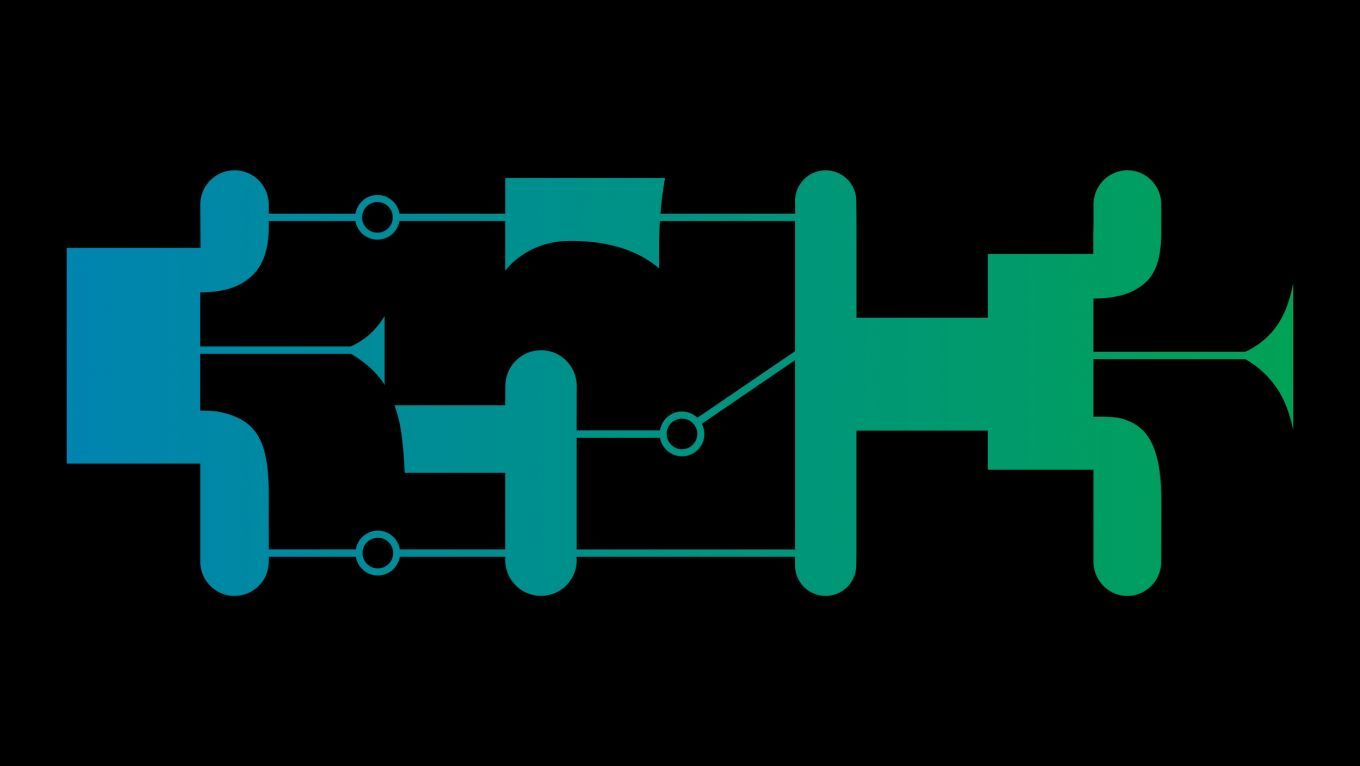Resilience
Analyze the Facebook algorithm and reclaim data sovereignty
Algorithms define your priorities. Who else besides you can know what you need?
Facebook monopoly is an issue, but looking for replacements it is not enough. We want to develop critical judgment on algorithms, on why data politics matter and educate, raise awareness for a broad audience. With <a href="https://facebook.tracking.exposed">our tool</a>, we enable an individual to collect evidence and see how Facebook's algorithm truly shares their data. Not data about themselves, but the bias of facebook treats data, re-shares certain content over other content. Collectively we can analyze the algorithm, understand Facebooks agendas and show how little agency users have.
As algorithms define what our priorities are, they should be recognized as an extension of our will. We must be able to consciously build our own algorithms, change them whenever we want, and not have to delegate this decision to a commercial entity, with opaque functioning and objectives.
This is the goal of tracking.exposed, a goal that can only be achieved through education. We recognize that not everyone possesses the knowledge and skills to design their own algorithms, and therefore there is the need to create a support community, where algorithms can be shared, compared, improved and criticized. The algorithm is power; it can be a harmful cage or a helpful filter. Only autonomous and informed individuals can decide what is most appropriate for them at a given time.
We also worked on analyzing YouTube algorithm! And others platform should follow; the collaborative observation approach is replicable in every platform which personalizes the results. This talk wants to be accessible for ordinary social media users. We understand that many have to be on these platforms, but at least, we can try to use them without getting used!
Additional information
| Type | lecture |
|---|---|
| Language | English |
More sessions
| 12/27/18 |
Six years ago the idea behind CensoredPlanet started, that is now launched at censoredplanet.org. We had a simple (yet essential) guiding principle: measurements that may be politically sensitive should be done without volunteer participation. In this talk, besides a detailed scientific overview of the techniques and the current state of CensoredPlanet, I plan to talk about my experience in developing the project from the ground up. Despite the pervasive nature of Internet censorship and the ...
|
| 12/27/18 |
We rely on mainstream computer engineering every day, but it's insanely complex, poorly understood, unreliable, and, as CCC reminds us every year, chronically insecure. This talk will explain some ways that we can do better: taming parts of this this chaos with precise understanding - illustrated with disturbing facts and clean models for current architectures and the C language, from the <a href="https://www.cl.cam.ac.uk/~pes20/rems/">REMS</a> project, and principled but pragmatic new ...
|
| 12/27/18 |
In this talk @zelf invites to the world of Scuttlebutt, the decentralized P2P gossiping protocol, and how it can be transformative for society through decentralization of data and enabling local community development.
|
| 12/27/18 |
This Foundations talk explains the systems and protocols that make up the Internet, starting from a laptop with a Wi-Fi connection. No particular technical knowledge required.
|
| 12/28/18 |
A major part of software development is maintenance, i.e. tinkering with software that should already be completed but still somehow does not work as it should. Software developed by tinkering is the antithesis to resilient technology, and a growing threat to our profession and our lives. Working on this kind of software crushes the soul. Yet this is exactly how most IoT devices (and computers in general) are programmed these days. We need to replace the dead technology-oriented objects of the ...
|
| 12/28/18 |
Learn to see the world without your eyes. Wonder what it's like to navigate while blind? Want to learn to use your everyday senses in ways you don't know you don't know? In this talk, I hack <em>you</em> with permanently enhanced sensory perceptions. This is very participatory, not just "sit and listen", and workshops are even more hands-on (blindfolded w/ cane in hand). Workshop & volunteer signup: <a href="https://s.ai/ccc/ws">https://s.ai/ccc/ws</a> Tag plz: #BlindNavigation @saizai #35c3
|
| 12/28/18 |
The internet has become essential services, and offline methods of sharing data are rapidly disappearing. Other possible networks are often better suited when connectivity is not available or affordable. Radios, sensors, and computing are available in the cheapest of smartphones and routers. Wind is integrating nearby/offline data exchange with the internet services that we all rely on.
|

